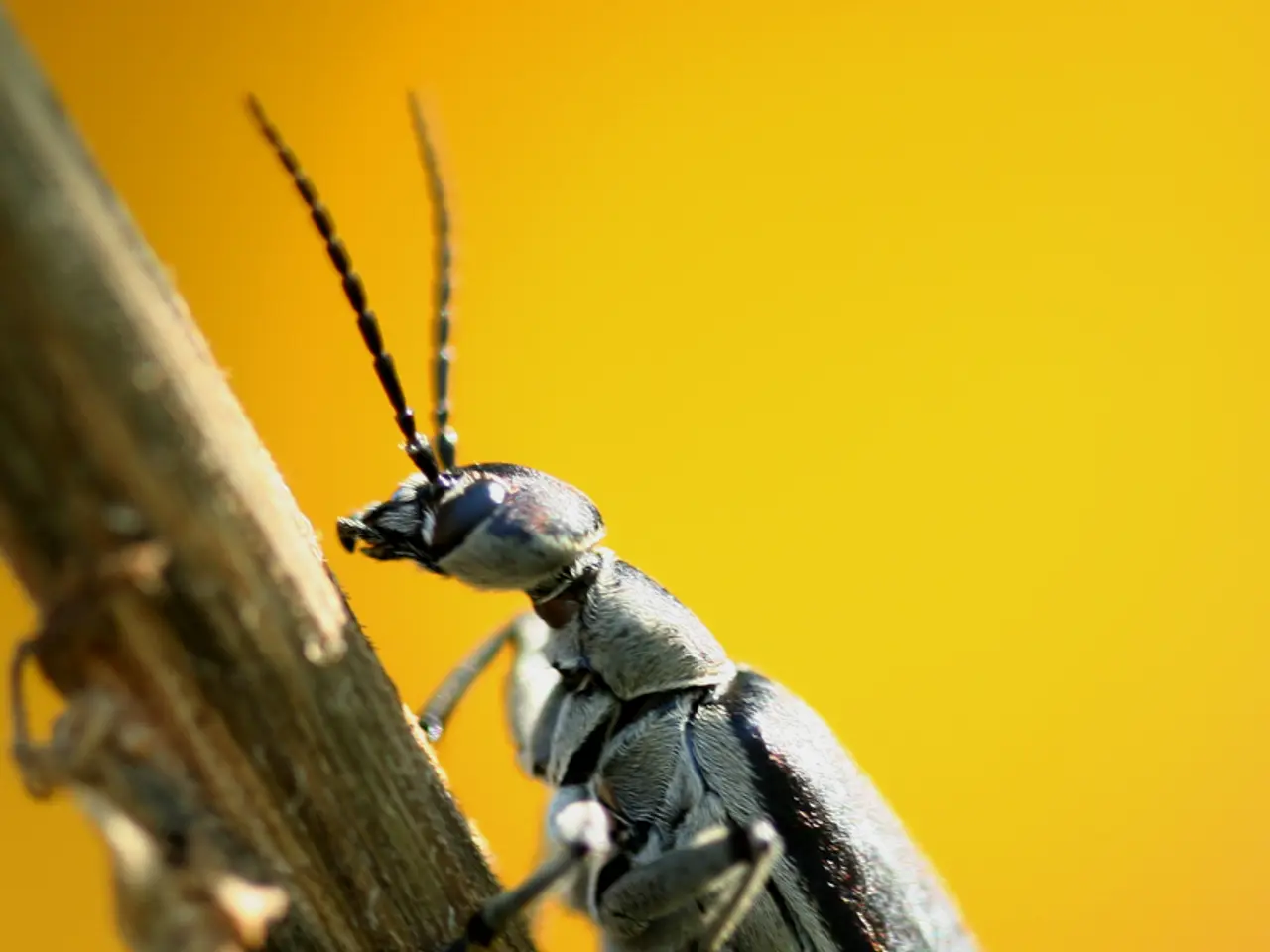Japanese B Encephalitis: An Infection Causing Inflammation of the Brain, Most Commonly Found in East Asia and the Far East.
Japanese Encephalitis (JE) is a viral infection primarily affecting the brain, caused by the Japanese B Encephalitis virus (JEV). The disease is predominantly found in rural areas of Asia, particularly in countries like Japan, China, India, and Southeast Asia.
To prevent JE, the most effective method is through vaccination. The Japanese B Encephalitis vaccine is recommended for individuals at higher risk, such as travelers to endemic regions, residents of areas where the virus is prevalent, and individuals working with animals or in laboratories that handle the virus. Vaccination is highly recommended for long-term travelers and expatriates.
In addition to vaccination, other preventive measures include using mosquito repellents, wearing protective clothing, staying in screened or air-conditioned accommodations, and environmental control to reduce mosquito breeding sites. Mosquitoes are the primary vectors for JE transmission, and the virus does not spread from person to person.
Travelers should ideally start vaccination at least 5-6 weeks before travel, with an accelerated schedule available if the trip is imminent. Protection is not immediate and requires about 10 days after the final dose.
While in endemic areas, it is advisable to use insect repellents containing DEET, picaridin, or other effective agents. Wearing long-sleeved shirts, long pants, and socks can also help minimize exposed skin. Sleeping in rooms equipped with screens or air conditioning, using insecticide-treated mosquito nets when sleeping outdoors or in unscreened accommodations, avoiding outdoor activities during peak mosquito activity times, and eliminating mosquito breeding sites by removing standing water around living areas are all essential preventive measures.
In case of infection, hospitalization is often required for the treatment of severe cases. The most common symptoms of JE include fever, headache, nausea, and vomiting. Severe symptoms may include confusion, seizures, and coma. Medications such as acetaminophen or non-steroidal anti-inflammatory drugs (NSAIDs) can help alleviate fever and headache, and maintaining hydration is essential in the treatment of JE, especially for patients who have difficulty swallowing or are experiencing vomiting.
Rehabilitation can play a crucial role in the recovery of JE survivors. This can include physical therapy, occupational therapy, and counseling and support groups to address emotional and psychological challenges. After the acute phase of JE, many patients may require rehabilitation to recover fully, including physical therapy, occupational therapy, and speech therapy.
It is crucial to note that children are more susceptible to severe forms of the disease. The long-term outlook for individuals who contract JE can vary significantly, with approximately 30% of cases leading to death. Survivors may face a range of complications, including neurological issues, behavioral changes, and seizures.
In conclusion, understanding the potential challenges and being prepared can make a significant difference in the recovery journey for JE survivors and their families. Together, vaccination and vector control measures significantly reduce JE risk, especially during the rainy season when mosquito activity is heightened. Preventing JE is crucial, especially for those living in or traveling to endemic areas.
- Vaccination for Japanese Encephalitis is recommended for individuals at higher risk, such as travelers, residents, and workers, as it is the most effective preventive measure against this viral infection, which often causes neurological disorders.
- In case of infection, medical-conditions like confusion, seizures, and coma may arise, which underscores the importance of health-and-wellness treatments, rehabilitation, and emotional support for survivors of Japanese Encephalitis, especially children who are more susceptible to severe forms of the disease.




